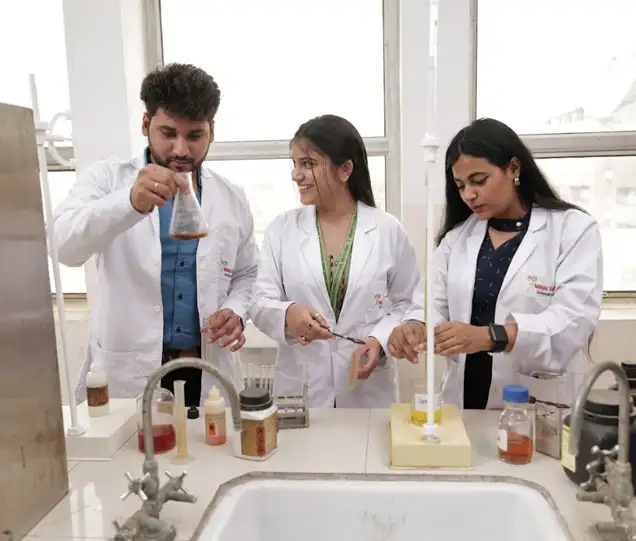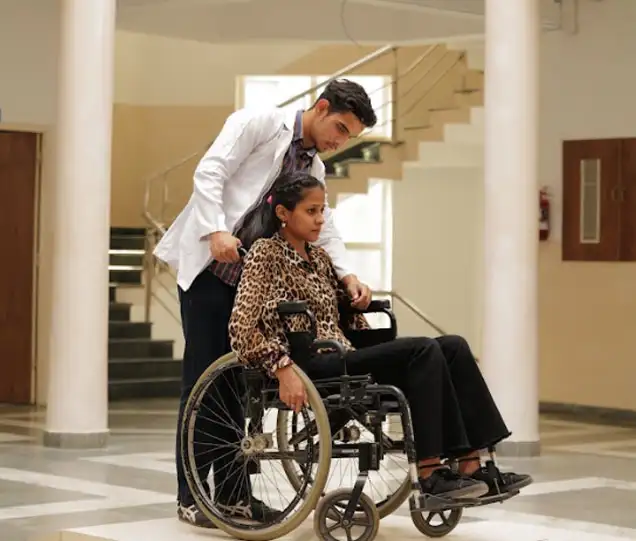Research Ethics and Regulation: Ensuring that research in physiotherapy adheres to ethical standards is essential to protect participants' rights and maintain the integrity of the research findings. Establishing robust ethical review boards and adhering to ethical guidelines is crucial.
Research Training and Education: Providing opportunities for physiotherapists to receive research training and education helps build research skills and knowledge. Workshops, webinars, and graduate programs in research physiotherapy can help in this regard.
Dissemination and Knowledge Translation: Support for disseminating research findings through peer-reviewed journals, conferences, and public engagement helps bridge the gap between research and clinical practice. Knowledge translation efforts ensure that evidence-based practices reach clinicians and patients.
Longitudinal Studies and Data Collection: Long-term studies and data collection can provide valuable insights into the effectiveness of physiotherapy interventions over time. Support for longitudinal research can lead to more comprehensive and robust evidence.
Patient Involvement: Involving patients in the research process, from study design to outcome measurement, ensures that research questions are patient-centered and relevant to their needs. Patient engagement also enhances the applicability of research findings in real-world settings.




